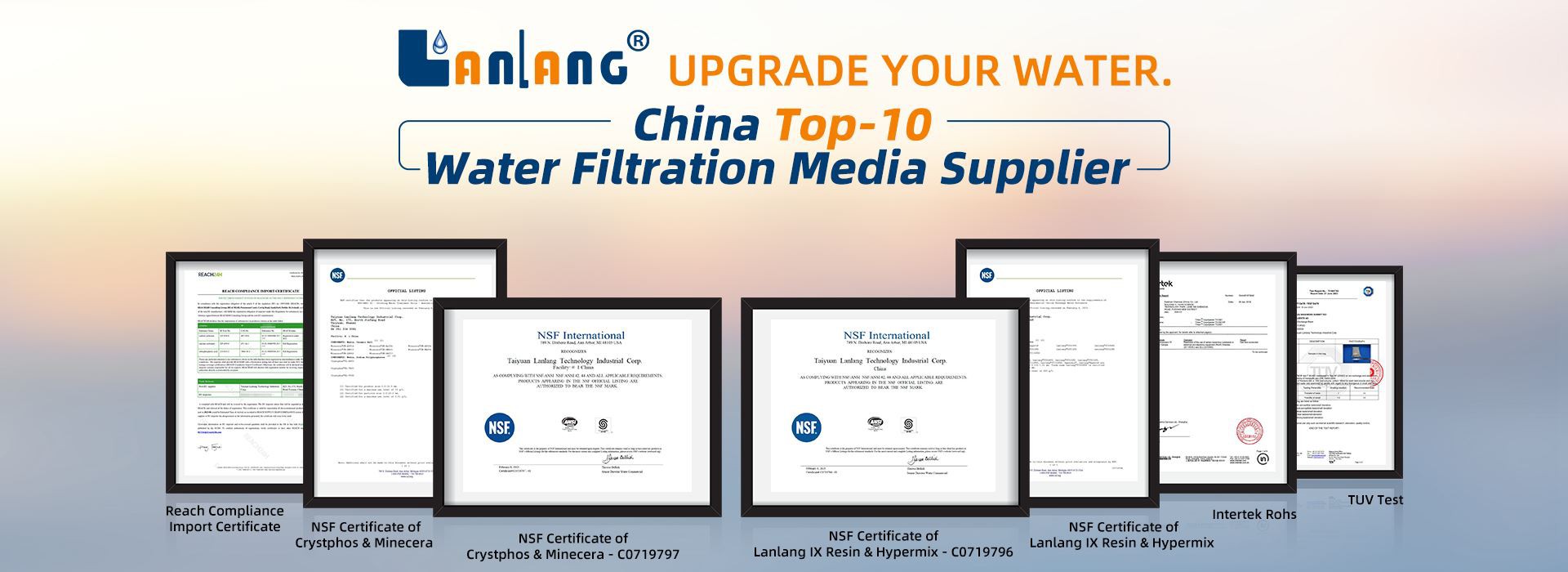Many users in the process of selecting resin, think that hydrogen type cation resin and sodium type cation resin are cation resin there is no difference, in fact, the difference between sodium type and hydrogen type is very large, the following is a detailed introduction to the difference between hydrogen type cation resin and sodium type cation resin.
What is the difference between hydrogen type cation resin and sodium type cation resin?
1. The ions inside the sodium type cation resin are Na+ ions, while the ions inside the hydrogen type cation resin are H+ ions, and the treatment effect and capacity are different.
2. Sodium resin is mainly used in hard water softening, and hydrogen resin is mainly used in the preparation of pure water and ultra-pure water.
3. Sodium resins are usually regenerated using sodium chloride, while hydrogen resins are regenerated using hydrochloric acid.
4. The two resins can be converted into each other, that is to say, sodium resin can be converted into hydrogen resin using strong acid, and hydrogen resin can also be converted into sodium resin through sodium hydroxide, and there is usually a certain expansion in the conversion process, and the expansion rate of the two resins is different.
What are the advantages of sodium cation exchange resins?
1. Sodium resin is usually used to treat hard water, can be used for industrial water softening and drinking water softening, excellent treatment effect, can effectively filter calcium and magnesium ions in water.
2. High mechanical strength, resin particles are not easy to break, with very excellent temperature resistance, can be used in a high temperature environment of 120℃, and the service life can reach 3-5 years.
3. Excellent anti-pollution performance, regular cleaning of the resin can ensure that the resin is not polluted, effectively reduce the possibility of contamination of the resin by impurities, and extend the service life of the resin.
4. High quality water production, can effectively treat industrial water and drinking water, usually used for drinking water treatment resin can be directly drunk, and will not cause harm to the human body.
What are the advantages of hydrogen-based cation exchange resins?
1. The raw material of hydrogen resin is usually styrene or acrylic acid, which is insoluble in water and general solvents, and is used more in special water treatment and less in industry.
2. It can effectively absorb ions in hard water, such as calcium and magnesium plasma in the resin, remove the hardness to meet the water standard, and the treatment effect is excellent.
3. It can effectively filter the ions in sewage and wastewater, and is not polluted by impurities, and the use effect is obvious, so that the produced water can meet the sewage and wastewater discharge standards.
Which is better?
Sodium resin and hydrogen resin have their own advantages, and the application fields of the two are slightly different, the use of what is actually not a good statement, different resin models have different characteristics, if you do not know which resin should be used, you can communicate with our customer service.


